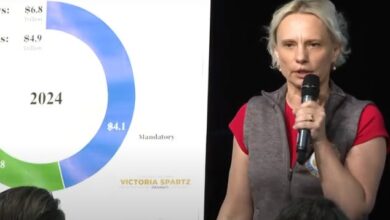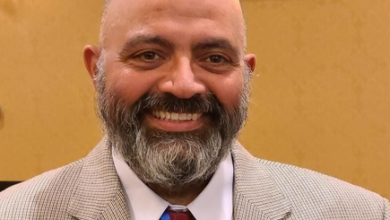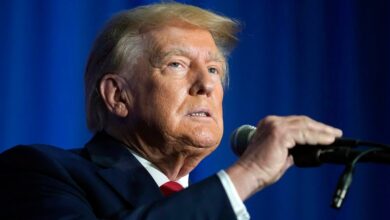Widespread Arrests at Campus Protests Against War in Gaza

This past weekend marked a surge in campus activism across the United States, as nearly 300 people were arrested during protests against the ongoing war in Gaza. These demonstrations, which unfolded in states from Arizona to Massachusetts, highlight a growing wave of student-led activism surrounding global political conflicts.
Arrests at Arizona State University
At Arizona State University, one of the nation’s largest public colleges, the tension escalated quickly. Starting at 11 p.m. on Friday, campus police began to issue warnings to a group of protestors gathered on Alumni Lawn, deeming the assembly “unauthorized.” Despite the warnings, the protestors did not disperse, leading to 72 arrests for trespassing by early Saturday morning. The university later stated that while it supports free speech, its primary concern is maintaining a safe environment conducive to learning.
Protests at Washington University in St. Louis
More than a thousand miles east, Washington University in St. Louis faced similar challenges. A pro-Palestinian protest there resulted in the setup of tents and calls for more participants. University authorities acted when the protestors began establishing a camp, contrary to university policies. Ultimately, 80 individuals were arrested, including 20% who were students of the university. Among those detained was Green Party presidential candidate Jill Stein, whose arrest was confirmed via her campaign’s post on the social media platform X.
Charges and University Statements
All individuals arrested face charges ranging from trespassing to resisting arrest and assaulting a police officer. Both universities involved issued statements emphasizing their commitment to safety and lawful conduct on campus grounds. They reiterated that while they support the freedom of speech, it must not compromise the safety and operational integrity of their educational missions.
Implications of the Protests
The incidents at Arizona State and Washington University are indicative of a larger trend of campus activism that has taken root in colleges across the nation. As students become more engaged in global issues, universities are challenged to balance the right to protest with the need to maintain order and safety. The arrests this weekend pose important questions about the limits of campus activism and the role of universities in facilitating or restricting public discourse on contentious issues.
Looking Forward
As the situation continues to develop, the dialogue between student activists and university administrations is expected to intensify. The outcome of these discussions could set precedents for how protests are handled on campuses nationwide in the future.





